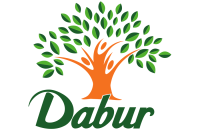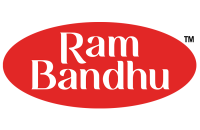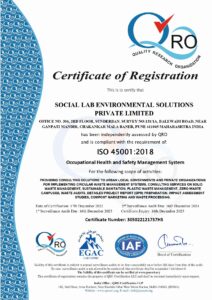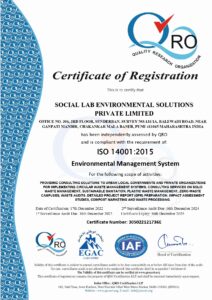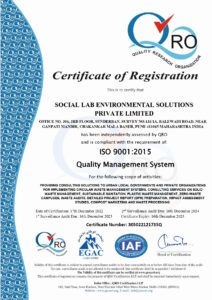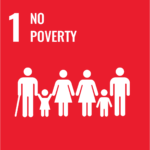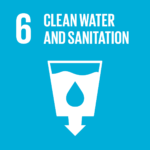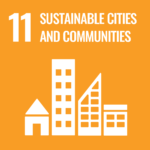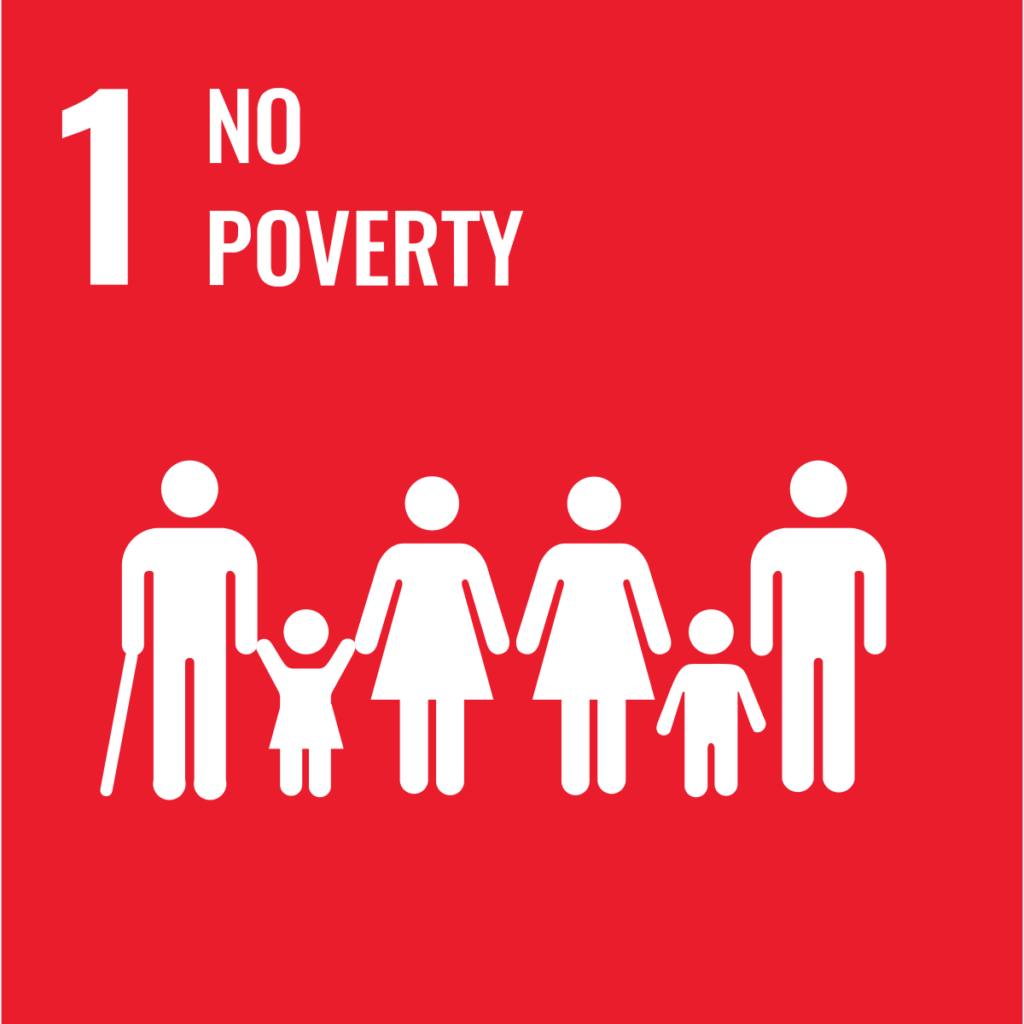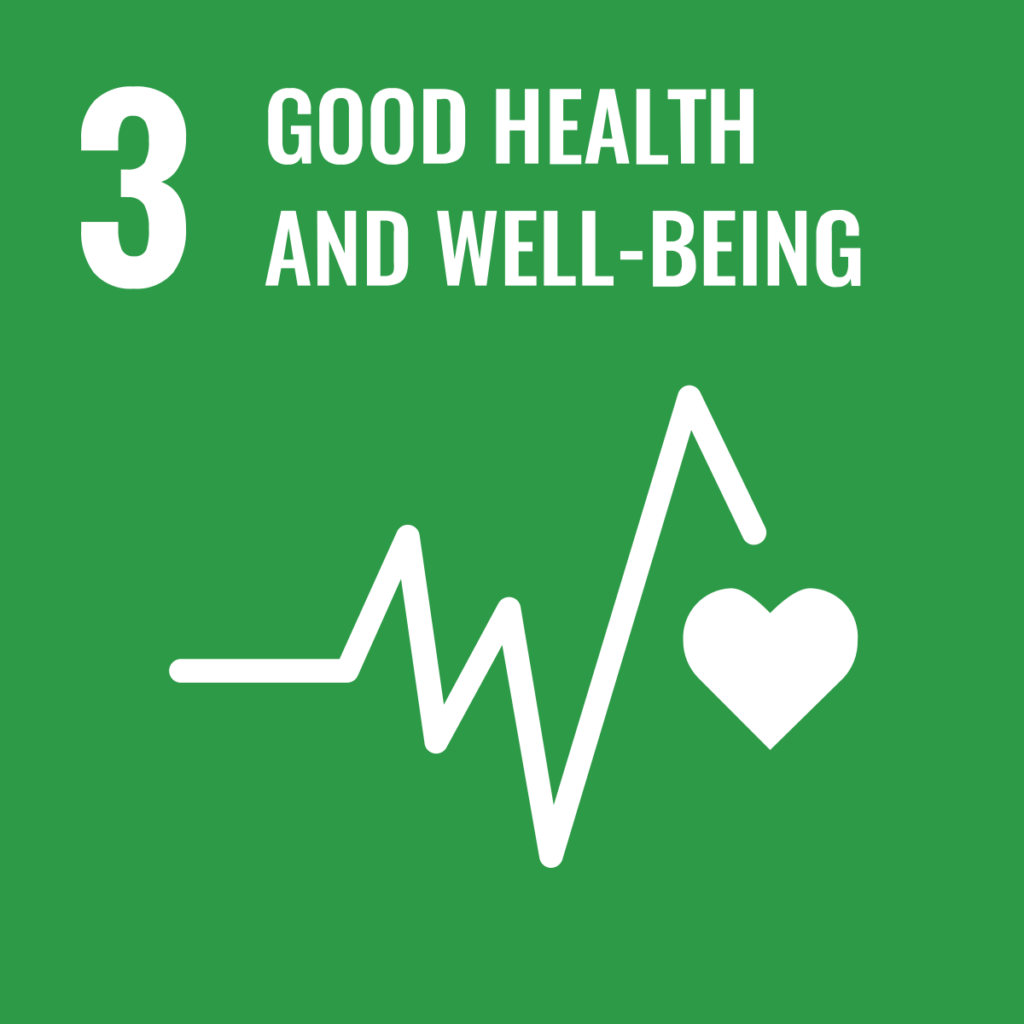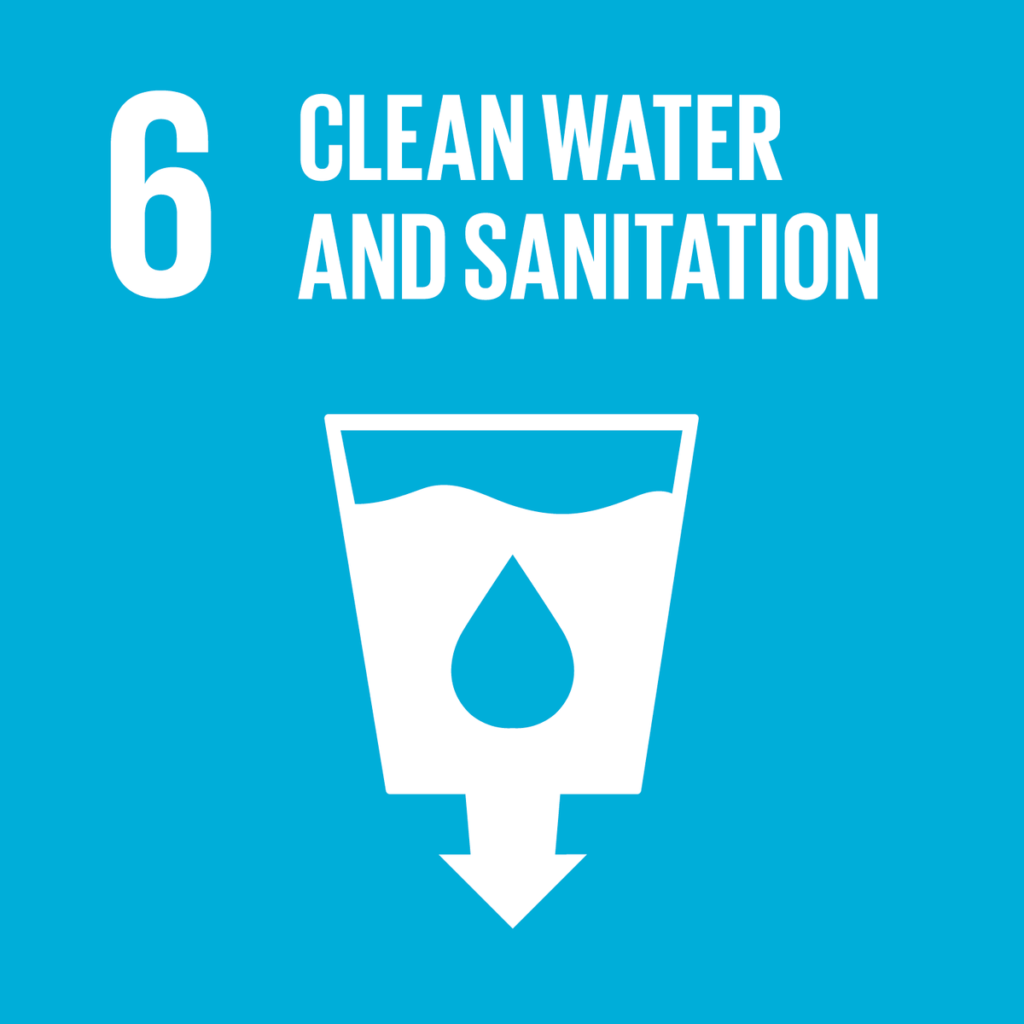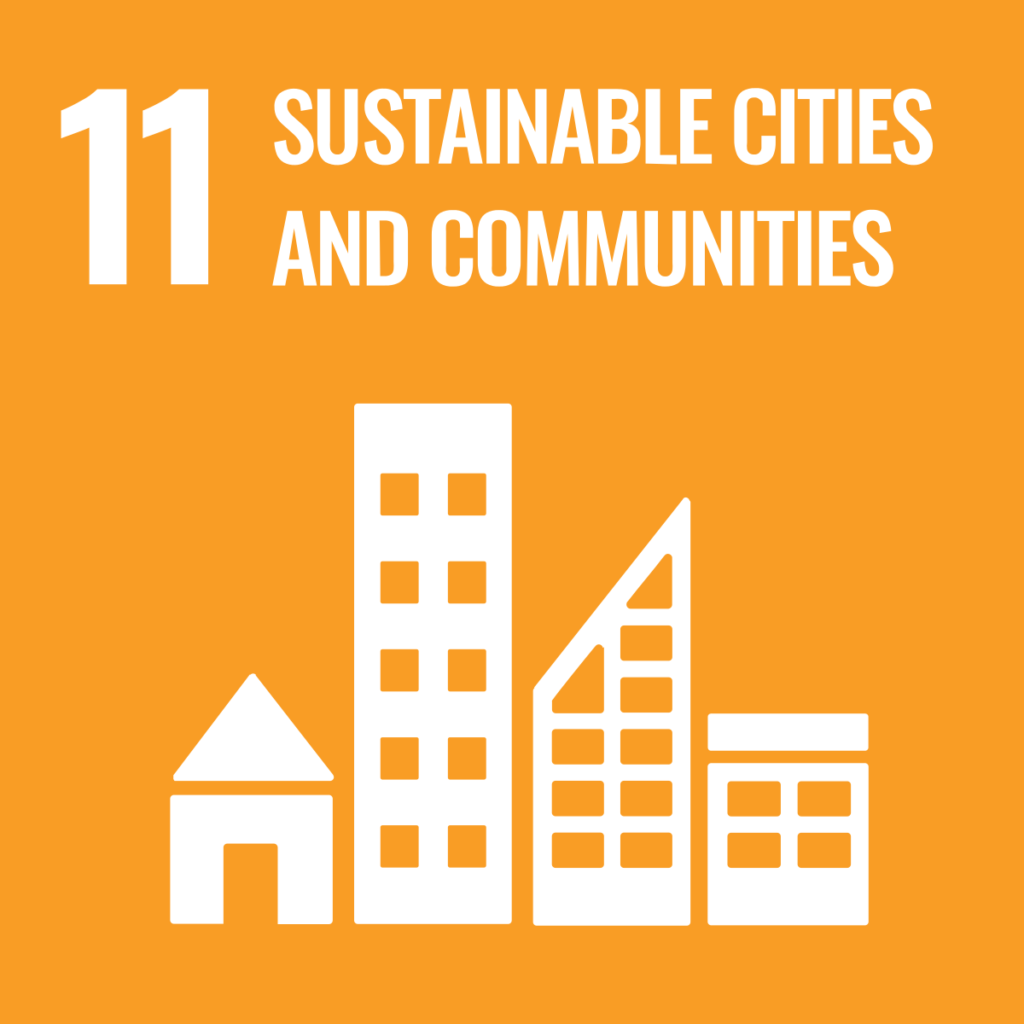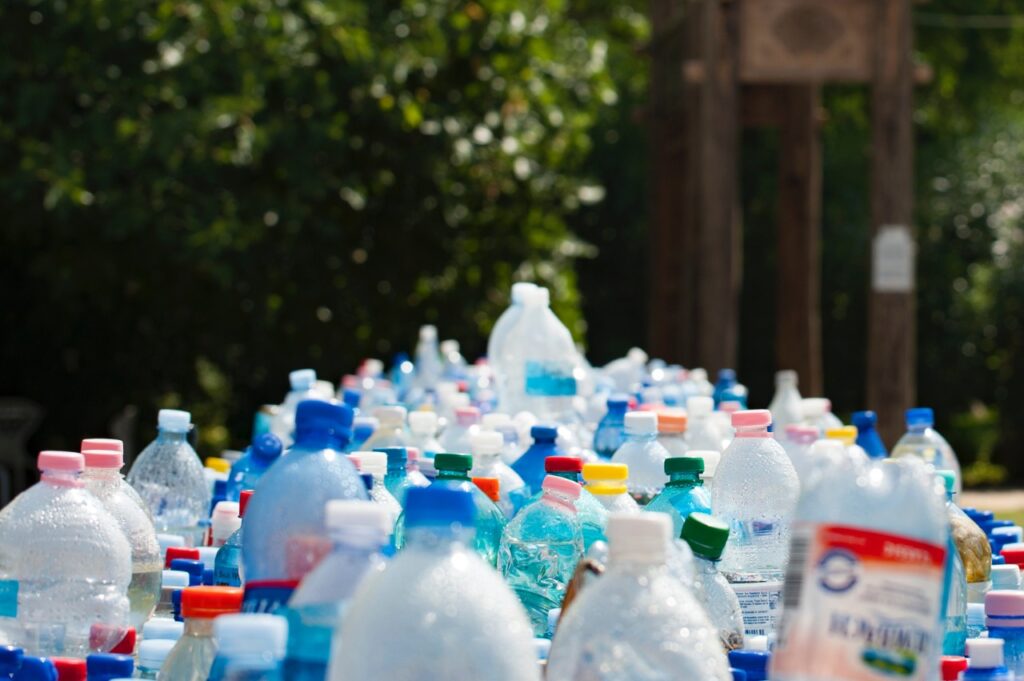
Extended Producer Responsibility
What Is EPR?
EPR (Extended Producers Responsibility) is a legal obligation on companies for environmentally sound management of the product until the end of its life. In the Indian context, EPR started with E-Waste, gained popularity through Plastic Waste, and is now applicable on Batteries, Tyre and Lubricant Oil.
EPR Solutions

Plastic Waste
Rigid plastic packaging, Flexible plastic packaging of single, multi-layer plastic sheets, covers, Multi-layered plastic packaging.

E - Waste
Information Technology and Telecommunication equipment, Consumer Electrical and Electronic Devices

Battery Waste
Portable batteries, electric vehicles batteries, automotive batteries, and industrial batteries
PROCESS Of EPR
We are Breakdown of EPR Process:
The process of registration under EPR is online. The online application forms require details related to KYC, sales, and quantities (plastic, battery & e-waste). The registration application is submitted as per SOP on the EPR registration portal. Once approved by CPCB, a Certificate of Registration is issued with EPR fulfillment targets.
Return is filed for reporting the activities carried out to fulfil EPR. These returns can be on a Quarterly or Annual Basis, and need to be submitted online through the respective EPR Portal.
Depending on type of EPR specific requirements needs to be fulfilled. They deal with packaging/labelling regulations, invoice uploading, and other items as notified by the CPCB through periodically updated regulations.
Social Lab Approach
Team understands your operations to confirm EPR applicability. We explain in detail the process and the implications of doing/not doing the compliance
Team explains the data checklists created in line with SOPs. This is mostly done virtually however in some cases it is done in-person
Draft application is prepared and data is validation is carried out from your end. You pay the registration fees and application is submitted.
After CPCB approval, Social Lab reach out to recyclers and waste processor in its network to purchase EPR credits. Our team also ensure than quarterly/annual returns are filed on time.
Call +91-9594259275 for FREE EPR Consultation

Our digital platform - Saksham
Saksham simplify the process of EPR Credits by bringing in traceability in the supply chain.
1. Transparency
2. Traceability
3. Reports and Documentation
4. Digital-first Documentation
Why Social Lab?
Liasoning
EPR rules & regulations are dynamic and still evolving, on behalf our customers we liason with CPCB, SPCBs and Ministry. The efforts have resulted in much clarity to our customers.
Beyond EPR Consultation
We assist companies in achieving sustainability through employee training, zero-waste campus, waste audits & factory waste management.
Domain Expertise
We are working in EPR since its inception and have provided useful comments on government guidelines. In-house team of specialists successfully submitted 275+ applications for registration last year and fulfilled more than 55,000+ tonnes of EPR credits.
Certifications
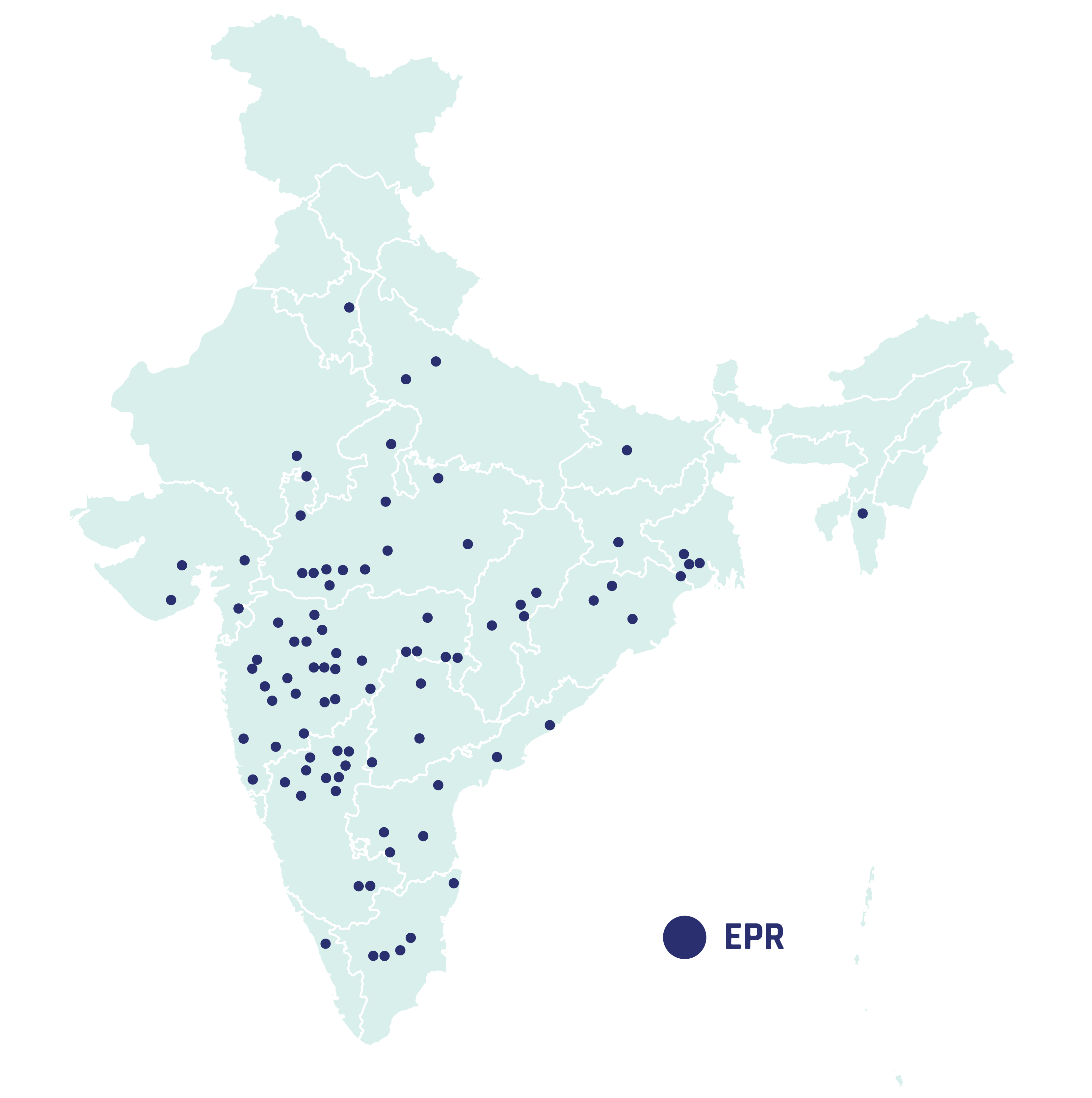
Our EPR Impact
The EPR are based on several criteria, including waste collection, disposal, and processing, and they encourage cities to adopt sustainable waste management practices.
Plastic Processors
Cities
Clients
Plastic Channelised

Our EPR Impact
The EPR are based on several criteria, including waste collection, disposal, and processing, and they encourage cities to adopt sustainable waste management practices.
Plastic Processors
Clients
Cities
Plastic Channelised

Our Clients





